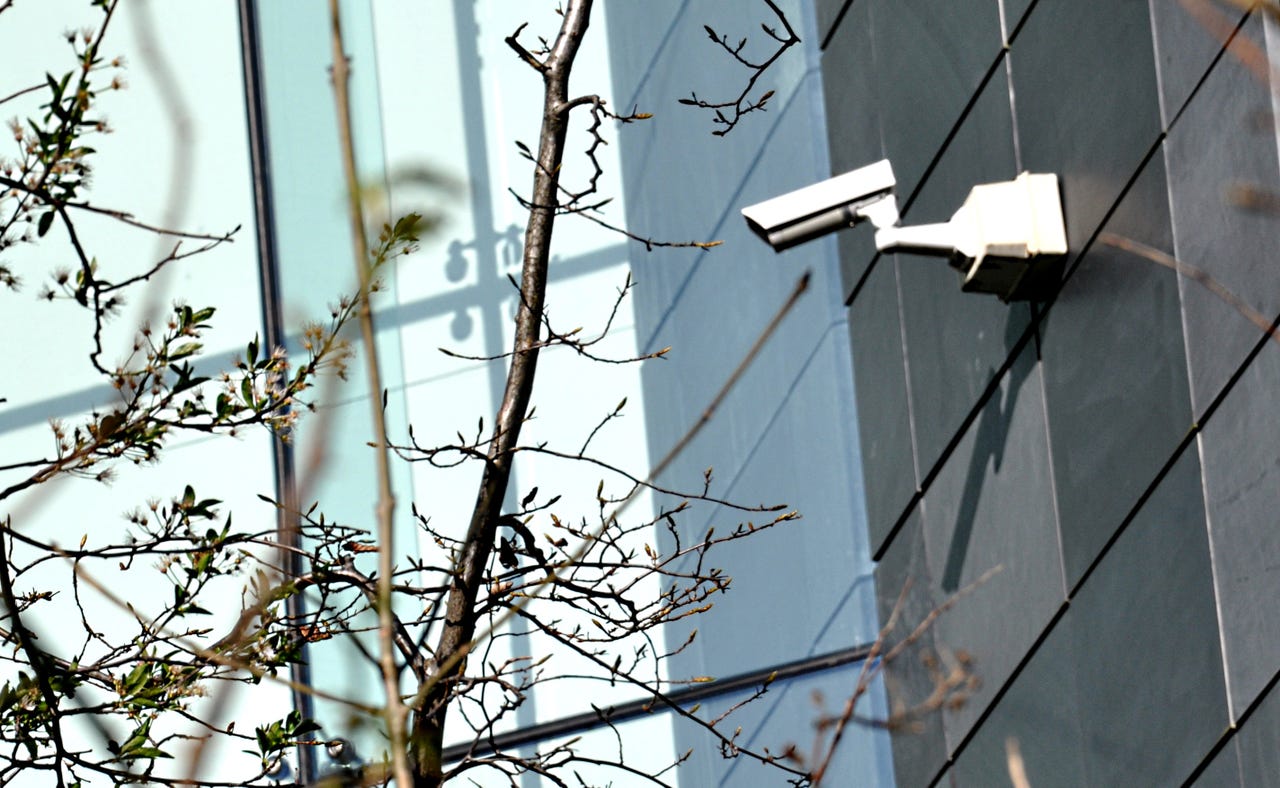The geek distrust of telemetry risks making software dumber


That may not be the most accurate answer. Perhaps they should say: "We removed it because we couldn't see anybody using it."
The real problem is that the geeks who use advanced features have either turned off or blocked the telemetry that companies use to direct their software development.
Today, the development of a growing number of programs, most apps, and virtually all large websites is based on telemetry. What's your set-up? How often do you use the software/app/website? Which features do you use? What makes it crash?
What happens when millions of people install a program? Most users don't know or care about telemetry, so either they don't see it, or they ignore it. Geeks turn it off immediately, and get paranoid whenever it turns up.
As a result, software development is based on the actions of the "dumb" people who allow telemetry, while the voices and actions of the "smart" people are never heard. They have prevented themselves from "voting" for the retention of good features, or the development of better features. In the long term, dumber software is the almost inevitable result.
The sad part is that blocking telemetry doesn't really increase your privacy. Almost all of it is anonymous, not just because of potential privacy concerns, but because nobody can sell adverts against how often you run a terminal window. Gmail and Facebook posts are far richer sources of personal information, and both are actively exploited.
Obviously, the programmers who use telemetry are not the slightest bit interested in your personal details. This includes Windows 10 programmers, where telemetry is anonymized. It doesn't include your name, email address or account ID. Programmers are only interested in patterns: in herd behaviour. In traffic flows, not number plates.
Programmers want to know which features are popular, which drivers are causing crashes, and so on, so that they can fix problems and add useful features. That's how the software world works nowadays.
What makes it even more ridiculous is that most of the people who block telemetry give away more information every time they run a web browser or use an online application or service.
They give away even more information by using their mobile phones, especially if they use Android. Smartphones not only know who you are, they know where you are. Of course, websites use geolocation to find the location of your laptop or tablet, but that's nowhere near as accurate as GPS or triangulation from cell towers.
Smartphone apps are obviously a much bigger threat to your privacy than desktop programs or operating systems, given all the permissions they demand. A recent study of 110 leading Android and iOS apps found that 73 percent of the Android apps shared your email address with third parties, and 47 percent of the iOS apps shared your location. Some medical apps share your searches, so good luck if you've searched for herpes, cancer or whatever. See: Who Know What About Me? A Survey of Behind the Scenes Personal Data Sharing to Third Parties by Mobile Apps.
You are probably running several apps that share your name, email address, location and other personal details with three or more third parties, and you have no chance of stopping them, unless you remove the apps. And by then, it's too late.
If you use bank cards or store cards, you're being tracked by people who not only know where you live, but your bank details and purchasing patterns. If you drive a car, you're being tracked by cameras with number-plate recognition. If you walk down a city street or go into a large shop, you're probably being tracked via the Wi-Fi in your smartphone (using its MAC address) and by CCTV cameras, an increasing number of which will have face recognition.
A UK-based TV series, Hunted, challenged people to avoid real-world tracking, and it's almost impossible. If you can avoid detection, you certainly can't lead any sort of normal life. As one of them says: "There's no Netflix when you're on the run."
The bad news is that we live in a surveillance society, and that the business models of most big internet companies - especially Google - are based on surveillance.
In this situation, kicking up a fuss about anonymized telemetry is a waste of time, and may be damaging your long-term interests. Have you considered investing in a tinfoil helmet?